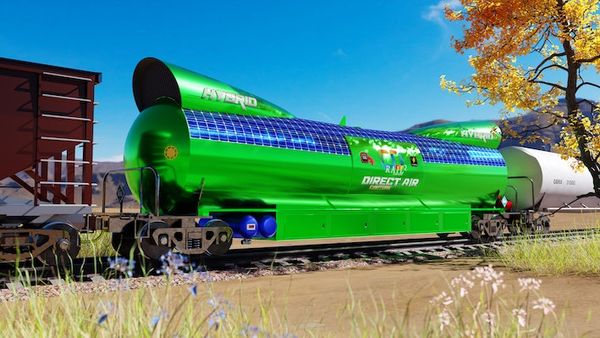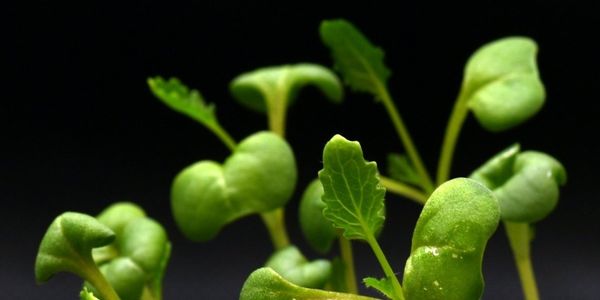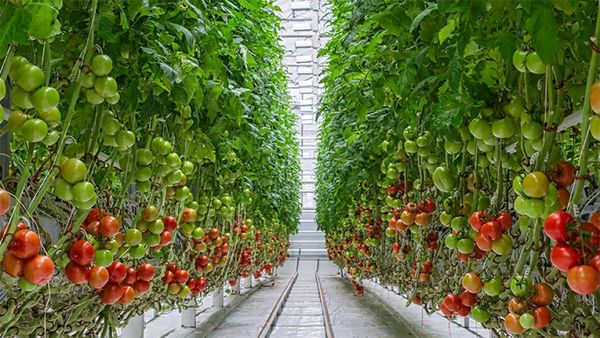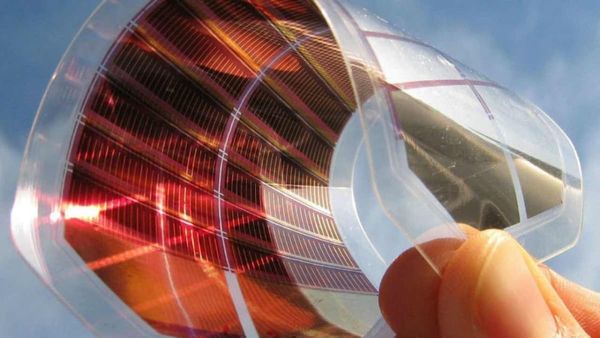With the discovery of a Mexico-sized plastic patch floating in the South Pacific in 2017, researchers offer new innovations for our urgent fight for waste reduction.
In 10 seconds? Research is leading a multi-front attack on plastic waste: more plant-based biodegradable materials as well as new methods to break down fossil-based plastics, like pyrolysis.
But I heard that biodegradables don’t degrade? Well, yes and no. First the good news. Biodegradable plastics can be completely broken down into biomass, CO2 and methane when processed in industrial composters, where the temperature, humidity and presence of bacteria can be controlled. The resulting products can then be used to generate electricity or heat buildings as renewable energy sources. (Read more about the process)
And what’s the not-so-good news? Some manufacturers claim that their biodegradable materials fully decompose in 49 days, but scientists have found that at best, biodegradable shopping bags break down only by 3–9% in natural conditions. Plastics that end up in our seas have no chance of degradation due to the low water temperature.
So what’s being done? There are promising solutions to capture the confetti-like plastic debris endangering marine life and their food-chain, such as a new cylinder-shaped device called Remora, which removes plastic in an energy-efficient way. (Read more here)
But what do we do with the captured plastic? It’s now possible to break down plastic solid waste to recover energy and even refashion it into fuel. One is pyrolysis, which is more eco-friendly than burning or gasification as it minimises the emissions of CO and CO2. Another is de-polymerisation, which divides the long chains of molecules in plastics into high-value waxes, or even fuel.
So, the future is bright? All this means that we should be able to deal with the plastic mountains, but we need to make the technology profitable and a conscious effort to collect and process waste. (Read how biodegradable plastics break down on a farm)
A novel way to remove plastic debris from the seas
A new system called Remora offers a novel way to capture small plastic debris from the oceans, by mimicking the technique of how basking sharks feed.
Debris caught by the ‘mouth’ of the device move to its outer edge and is then removed via a suction tube.
The inventors intend the units to be fitted to sea vessels globally to filter out dangerous plastic while powering the boat or generating energy.
(Psst, Mark distilled 10 research papers to save you 243.4 min)






